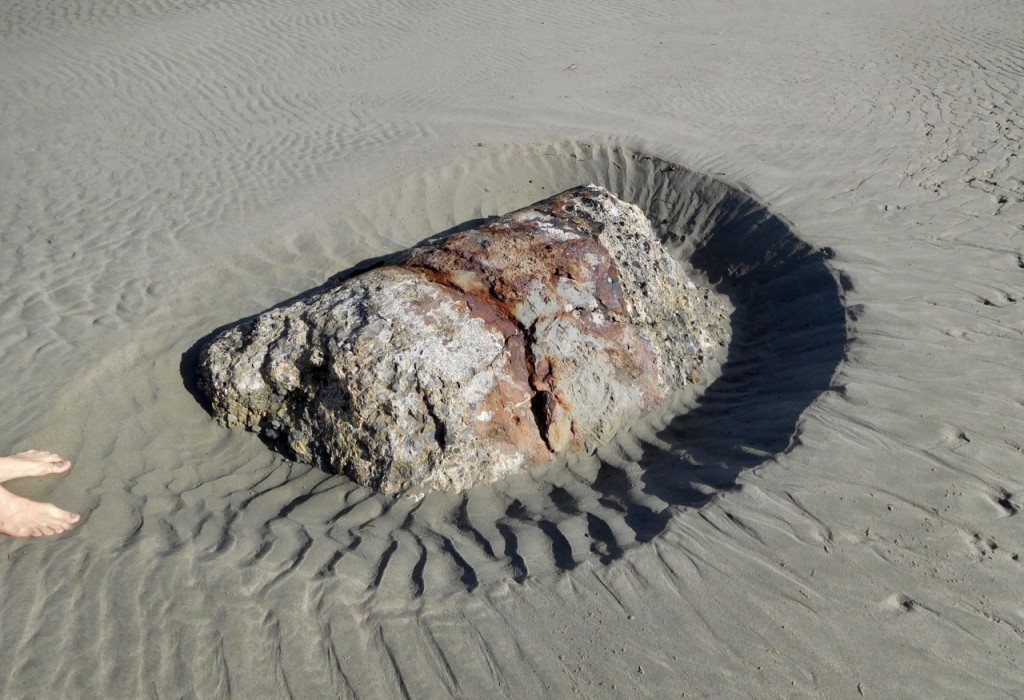Standards by Max Greenstreet (click on image to enlarge)
“I would suspect that the hardest thing for you to accept is your own beauty. Your own worth. Your own dignity. Your own calling to learn to love and allow yourself to be loved to the utmost.” Alan Jones
I recently made a recording of thirteen of my songs, and when I first listened to the recording I experienced what I’ve always experienced when I hear my own voice: aversion.
I’ve only ever liked my voice when I’m pretending to be someone else. When I used to hear recordings of my readings of stories, I would cringe. Why? And why do so many people dislike the sound of their own voices?
Well, I don’t know about other people, but I know I haven’t liked the sound of my voice until very recently because I have had a deeply divided self since I was an adolescent. Yet I wanted to sing for people and read for people and make those recordings, and I continued to do so despite disliking the sound of my own voice. Why? Because many people told me they loved my singing and reading, loved my performances. Why was my self-perception so dramatically at odds with the perceptions of others?
And what do I mean by the divided self? I mean that the various parts, seen and unseen, conscious and unconscious, composing who and what I am have rarely worked together harmoniously; and more to the point, parts of my psyche and my neurological system have been in dire conflict with each other for most of my adult life.
I’ve been in therapy for the last ten months with an excellent psychotherapist, and to summarize the work we’ve done together in the fewest possible words, I would say I have been learning how not to be separated from my essential self, how not to be a collection of divided parts, but a unified being.
So I decided to listen to the recording of my songs a second time, only this time I would listen as a person who is no longer divided. Before I fired up the stereo, I said to myself, “Every part of who I am appreciates every other part of of who I am. Everything that makes me what I am is unified, and this unification empowers me to transcend my old patterns of self-abnegation.”
Headphones on, I press Play, and the music begins. Solo guitar. Lovely. Now the voice begins to sing. I listen with no expectation of aversion, and I can honestly say that until this moment I have never actually heard my voice. What I heard before was a voice muffled by shame and confusion and impossible expectations, drowned by the din of voices telling me to be someone other than who I am.
Now I have no problem with the part of me that made this recording, the person singing with this voice. What’s more, when I record these songs again, I will be able to really hear myself singing, which will make the experience new and exciting and enjoyable, and give me much more control of my instrument, so to speak.
Thus the revelation is that my dislike of my voice was not a dislike of my voice at all, because I never actually heard my voice. My dislike of how I sounded was something taught to me by other people when I was a child and when I was becoming an adult. I learned to reflect and mimic the disapproval of my parents and teachers and societal elders. My self-hate was not original with me, but copied from others. No wonder I kept singing and performing and writing. Some part of me refused to believe I should hate myself. How amazing!
So to celebrate liking my voice, I made a new answering machine message, and wouldn’t you know it, I sang the message.
Speaking of liking our voices, our friends Clare and Nick and their son Vito, who is three, were here for the month of August and I had a few play dates with Vito and his grandmother Marion. We had endless fun with a big box Marion saved in our garage specifically for Vito’s visit, and wheelbarrow rides also figured largely in our agenda of Important Things To Do. But my favorite game with Vito was a game called Here I Am.
I’m standing on the deck at the bottom of the nine steps leading up to the garage. In front of the garage is an ivy hedge about three-feet high. Vito disappears behind the hedge and I say, “Hey, where did Vito go? He was here a minute ago, and now he’s disappeared.”
Hearing the feigned alarm in my voice, Vito dashes out from behind the hedge, stands triumphantly at the top of the stairs, spreads his arms wide, and proclaims, “Here I am!”
To which I respond, “There you are!”
After a few delicious moments of basking in the glory of being seen, Vito dashes behind the hedge again and disappears from view.
“Hey, where did he go? He was just here and now he’s disappeared again. What’s going on? Is Vito some sort of magician?”
Vito dashes out from hiding again and shouts, “Here I am!”
There he is, the undivided self, thrilled to be alive, thrilled to be seen, thrilled to be engaged in the marvelous game of life.
Nowadays I’m using my memory of Vito standing at the top of the stairs, smiling in delight, his voice ringing with clarity and sureness, whenever I feel the divisions beginning to reassert themselves inside me. I imagine a three-year-old Todd standing where Vito stood, arms open wide, singing, “Here I am.”
He is unburdened by feelings of shame or failure. He has never felt he wasn’t good enough. He does not feel inadequate or stupid or wrong. He is there. He is recognized. He is loved for being his undivided self.
And being undivided, with the greatest of ease, he can give his love to others and receive their love.
Undivided Self photo by Todd






